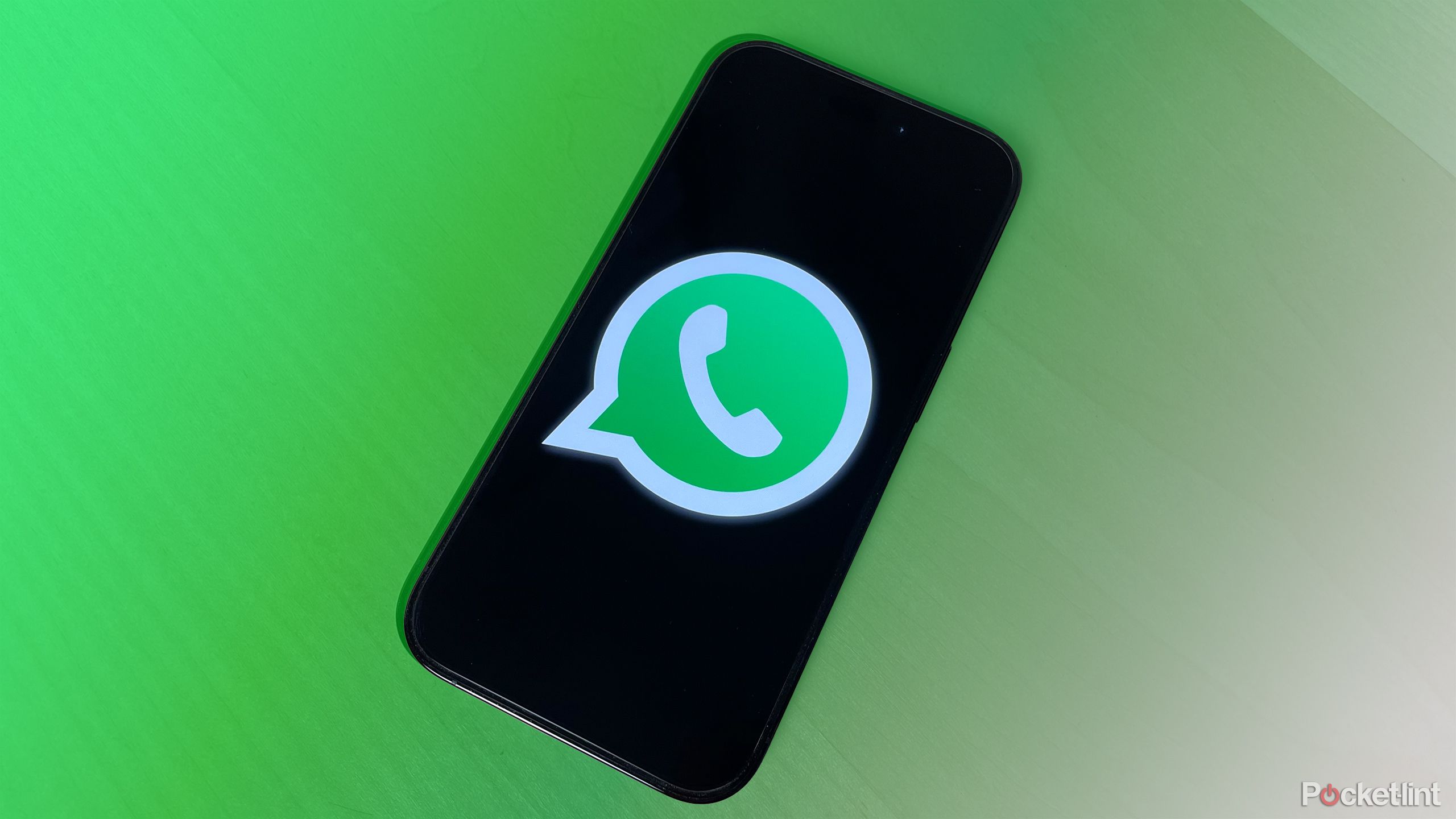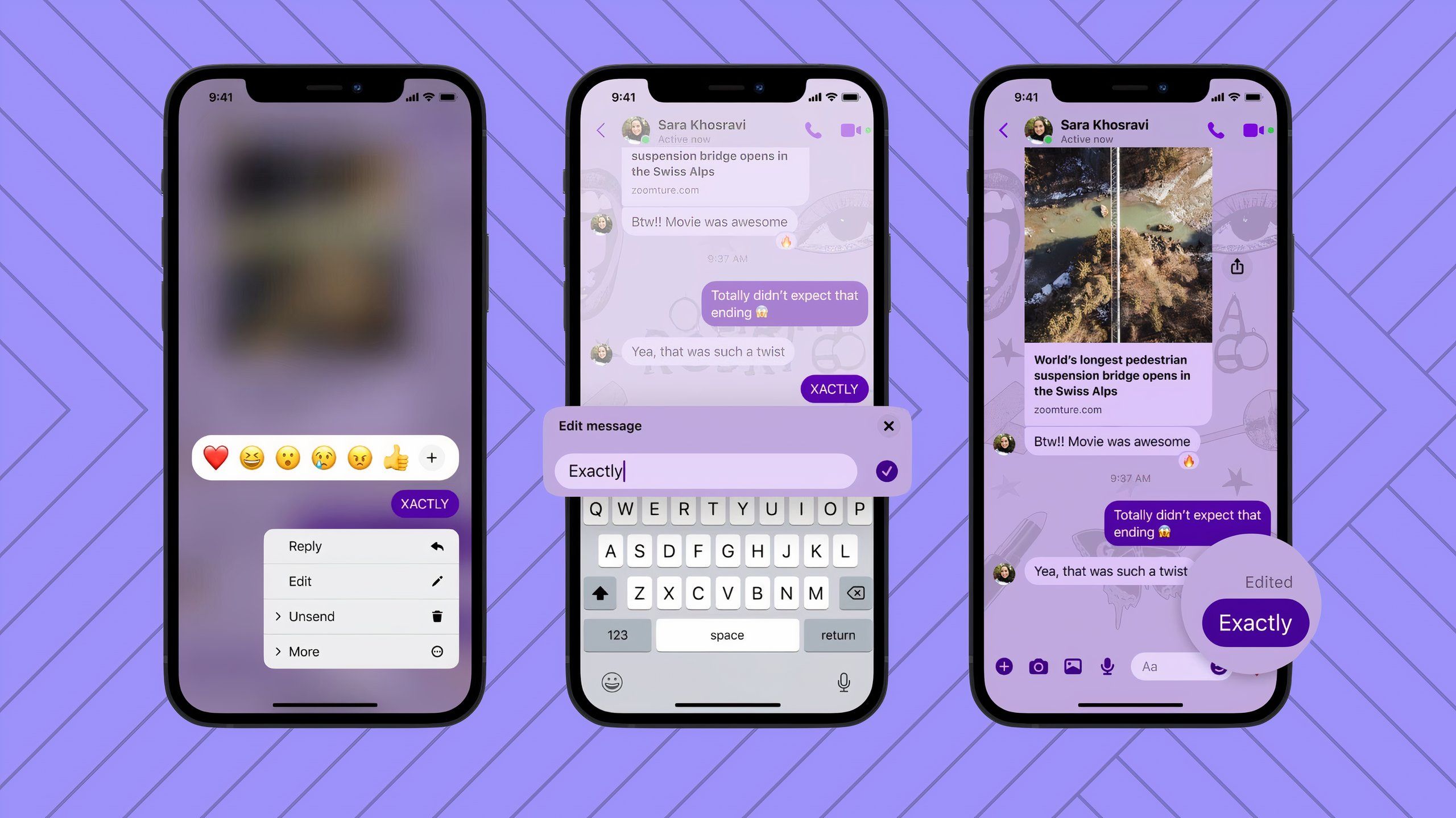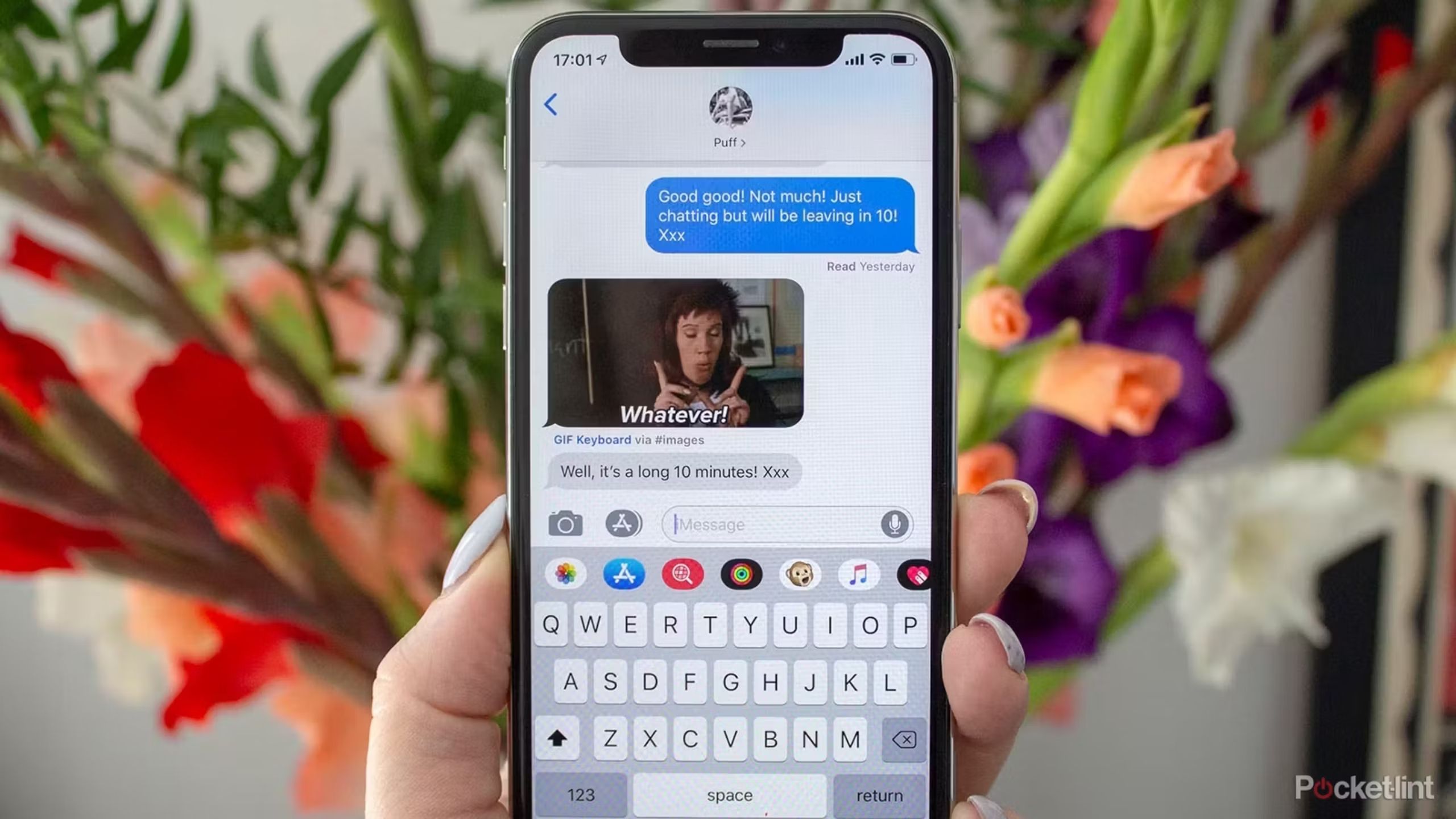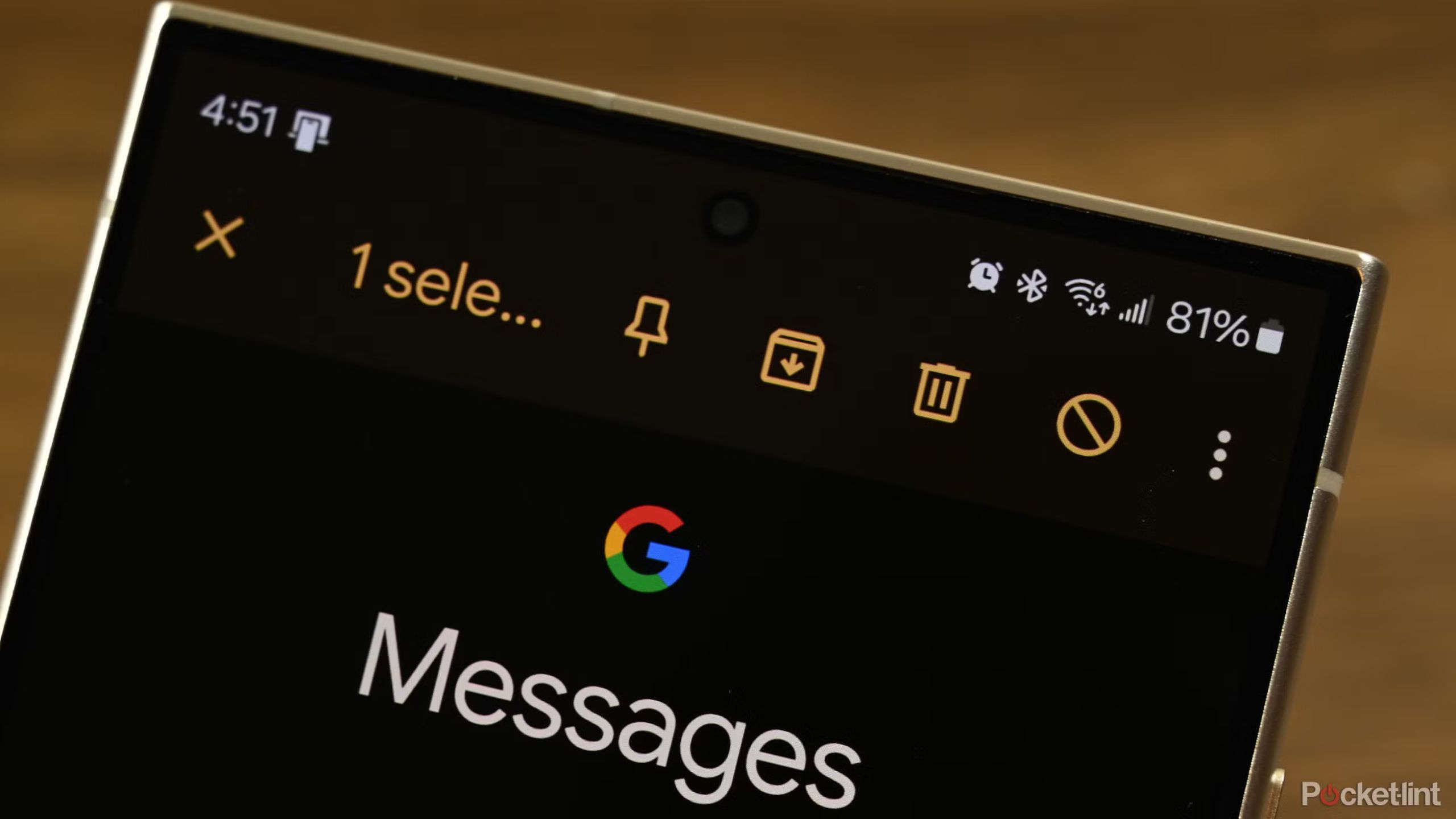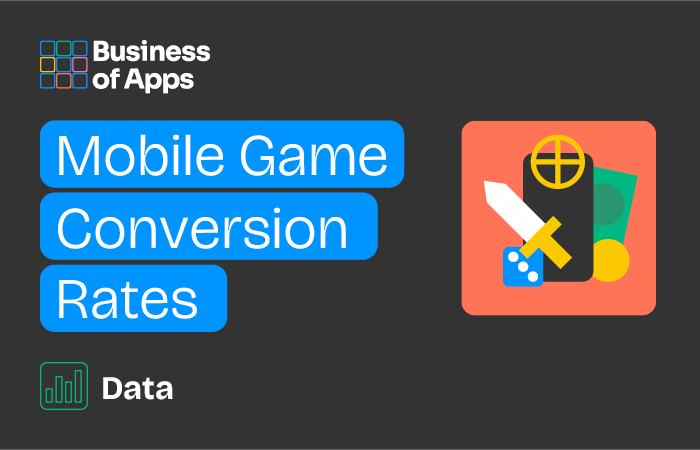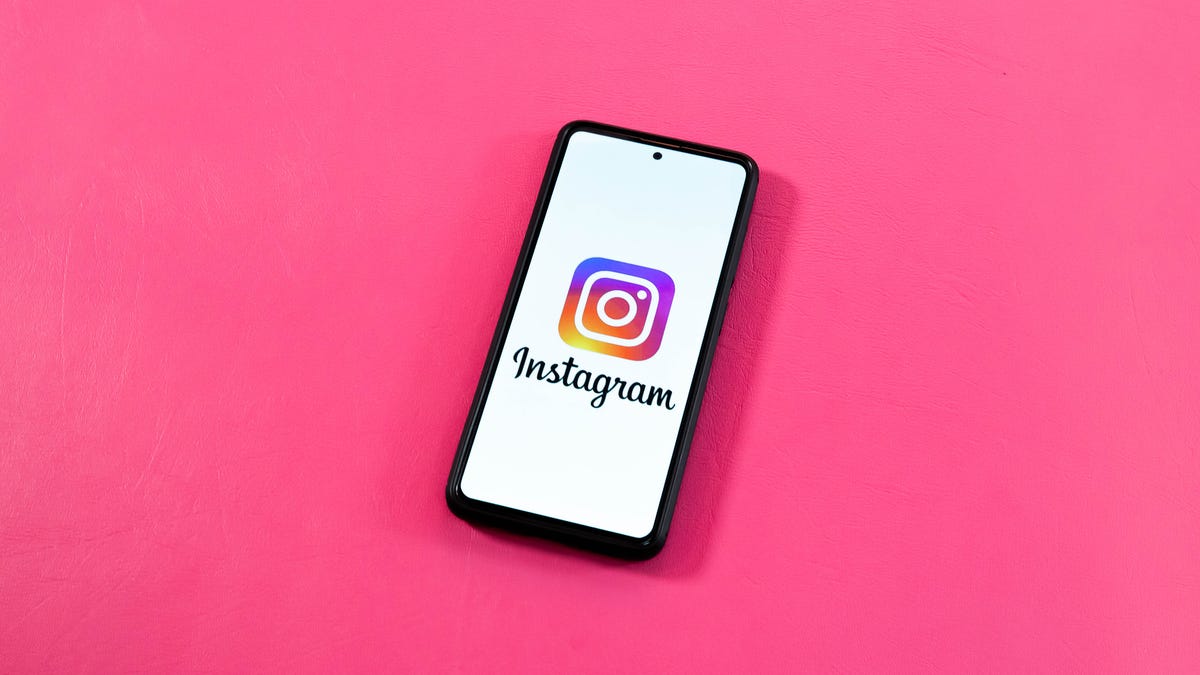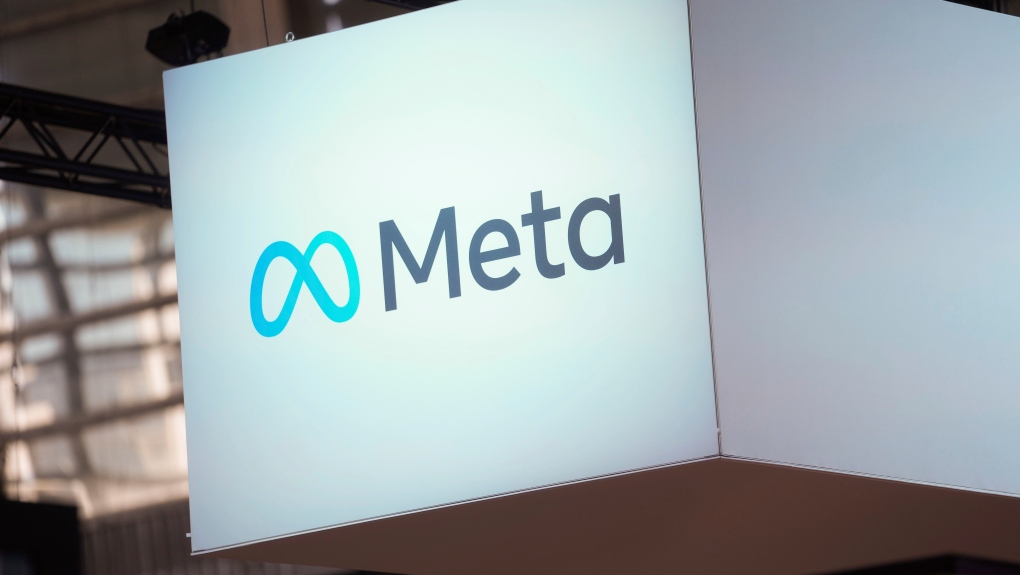We've come a long way since the days of Short Message Service (SMS) and Multimedia Messaging Service (MMS) text messaging, in which security and user privacy were an absolute afterthought. Early web-based instant messaging (IM) services like AOL Messenger and MSN Messenger were similarly insecure, but the landscape has shifted dramatically in recent years. Arguably the most important security technology found in modern-day messengers is a feature known as end-to-end encryption (E2EE). When properly incorporated into a messaging service, E2EE scrambles user data and creates a unique key that can only be decrypted on-device. In other words, encryption makes it near impossible for bad actors, government agencies, or even service providers, to snoop in on your personal conversation threads. If you haven't already, it's a great idea to transition over to a platform that puts your privacy at the forefront. In today's privacy-conscious landscape, many notable direct messaging platforms come with E2EE switched on by default. Of course, not every service offers enhanced protection -- I'm looking at you, Snapchat. If you haven't already, it's a great idea to transition over to a platform that puts your privacy at the forefront. With that in mind, here are some of the best encrypted messaging apps currently available on the market. Snapchat may be popular among young users, but it's a nightmare of an instant messenger and a complete farce of a social media platform. Signal Signal is a privacy-centric instant messaging service that relies on cellular data, and offers end-to-end encryption. Signal is a popular messaging platform that zeroes in on encryption and overall user privacy. The service is full-featured, with voice chats, file sharing, and more all included out of the box. Supplementing its encryption prowess, Signal also offers secure end-to-end voice and group video calling. The service uses the open-source Signal Protocol, which serves as the backbone of a number of other chatting apps on this list. Samsung Messages is no longer preloaded on the latest Galaxy Z Fold 6 and Z Flip 6 phones -- here's what happened, and what it means for the future. Telegram is a fast and secure internet-based messaging platform that offers end-to-end encryption and a number of advanced features. Telegram is an instant messaging service that provides a fully encrypted experience by default, while simultaneously focusing on speed and reliability. User chats are secured "using a combination of 256-bit symmetric AES encryption, 2048-bit RSA encryption, and Diffie–Hellman secure key exchange," according to the company. The app's speediness can be attributed to its distributed data servers, which are scattered across the map. SMS remains a commonly used texting standard across North America -- here's why I've transitioned to the superior RCS protocol. WhatsApp is the world's biggest instant messaging service, and it provides a full end-to-end encryption experience out of the box. For many people around the world, WhatsApp serves as a primary form of online communication. Luckily, the app has long included end-to-end encryption for all chat logs by default, in addition to a secure backup system. WhatsApp has been owned by Meta for a number of years now, leading to some privacy concerns, but the app remains largely siloed away from the company's other two major texting platforms: Facebook Messenger and Instagram DMs. Get back those messages you may have clicked through too fast Meta Facebook Messenger is Meta's second most popular messenger service. It connects via your Facebook account, and offers end-to-end encryption as an option. Facebook Messenger has long been a popular messaging platform, piggybacking off the immense success of Facebook as a social networking site. After an extended wait period mired by delays, the app's parent company, Meta, has finally rolled out encryption as the default messaging state. If it's not already switched on for you, it's easy (and highly recommended) that you do so. As a company, Meta isn't exactly known for cherishing user privacy. It's been involved in numerous scandals over the years, but E2EE at the very least offers an extra layer of defense not previously on the table. RCS is coming to iPhone, but it's missing some of iMessage's best features. Apple's default Messages app is home to iMessege, the company's proprietary messaging service that works securely across iDevices. If you happen to own an iPhone (and there's a good chance that you do), then you're probably already an active user of Apple's iMessage service. By default, blue texting bubbles appear whenever you message another iOS user, and this signifies that the chat is using iMessage as opposed to the antiquated SMS standard. One of the biggest iMessage selling points is its end-to-end encryption, providing a secure lock and key that protects your entire chat log. Unfortunately, privacy falls out the window as soon as you text a green-bubble-touting Android friend or family member. A tumultuous
big tech tit-for-tat
has resulted in better interoperability, but encryption is still off the table for the time being. Both Google Messages and Apple iMessage supports RCS. But what is it, and why should you care? Google's default messaging application, which is installed on many Android phones out of the box. The company's custom RCS implementation brings with it end-to-end encryption. Increasingly, Google Messages is becoming a ubiquitous force within the Android texting space. The company has been aggressively pushing the Rich Communication Services (RCS) protocol, and it offers a unique flavor of the tech which automatically encrypts both one-on-one and group chats by default. Much like with iMessage, however, everything falls apart when cross-platform chatting is brought into the equation. Now you can fix those embarrassing typos on Facebook Messenger. Here's how, plus the caveats to know. Dust Dust, formerly known as Cyber Dust, is a messenger app co-founded by Mark Cuban -- the service focuses on providing a safe and secure encrypted experience. Dust is a lesser-known application within the messenger scene, but it's worthy of mention: the service is full-featured, and it provides an entirely encrypted experience. Taking a page out of Snapchat's book, Dust notifies you if and when screenshots are taken, and it automatically erases chat history after 24 hours. The app also lets you unsend any message, without the limited time window imposed by many competing messengers. RCS and SMS are the two major texting standards available in the US -- here's how they differ and why you should always opt for RCS.Key Takeaways
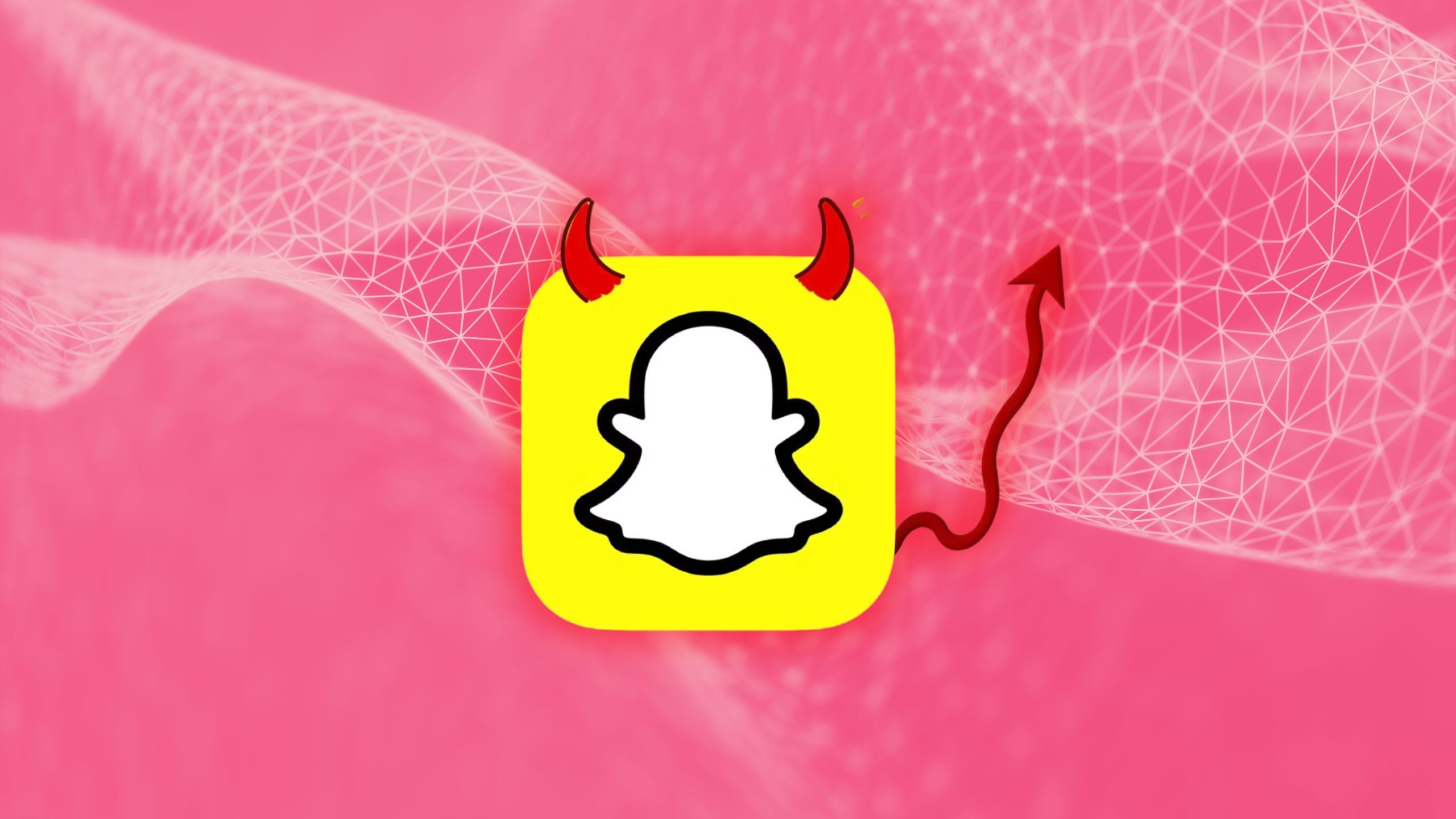
4 reasons Snapchat is a terrible messaging app
1 Signal
One of the most secure messengers available
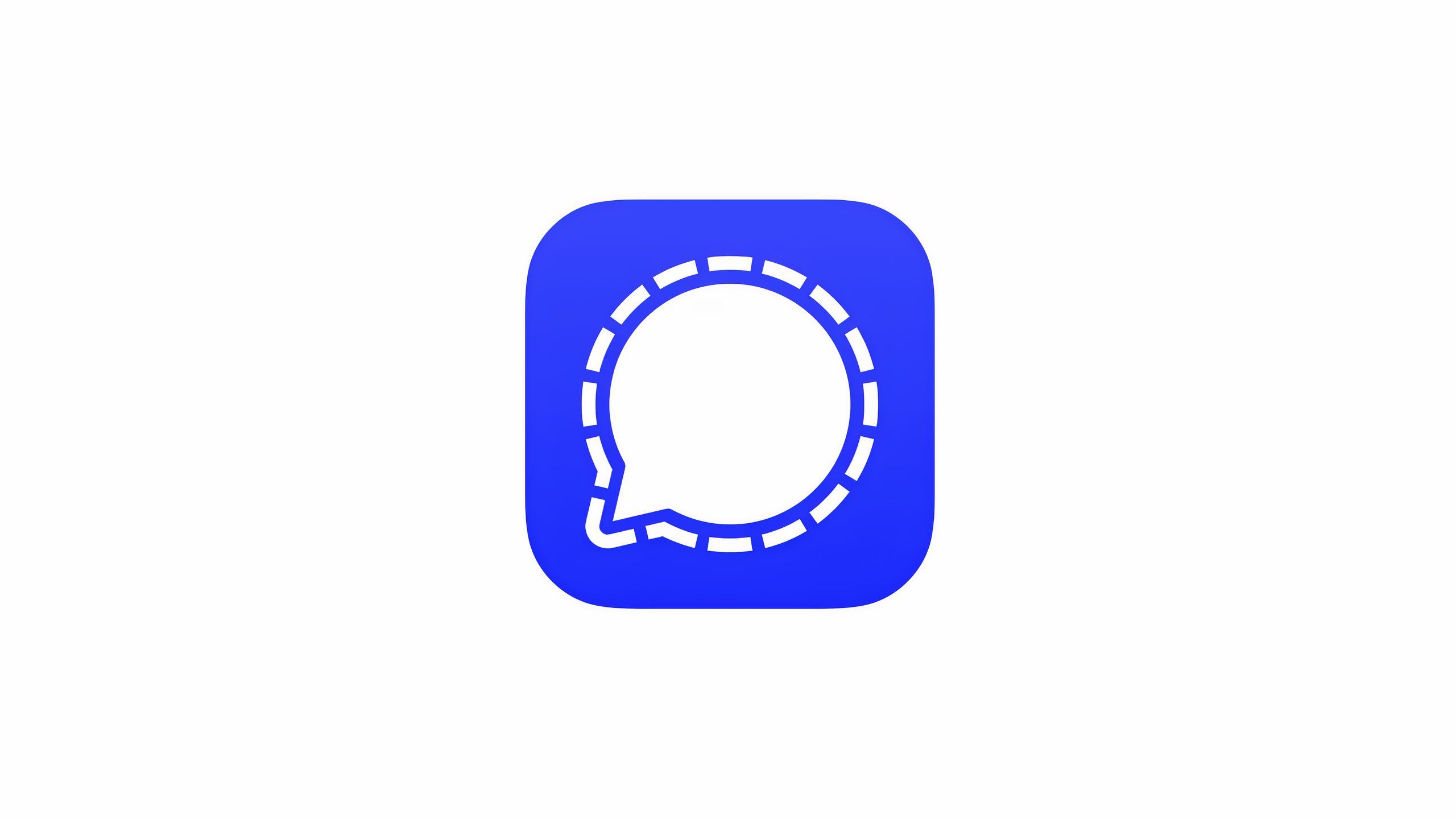
Signal - Private Messenger
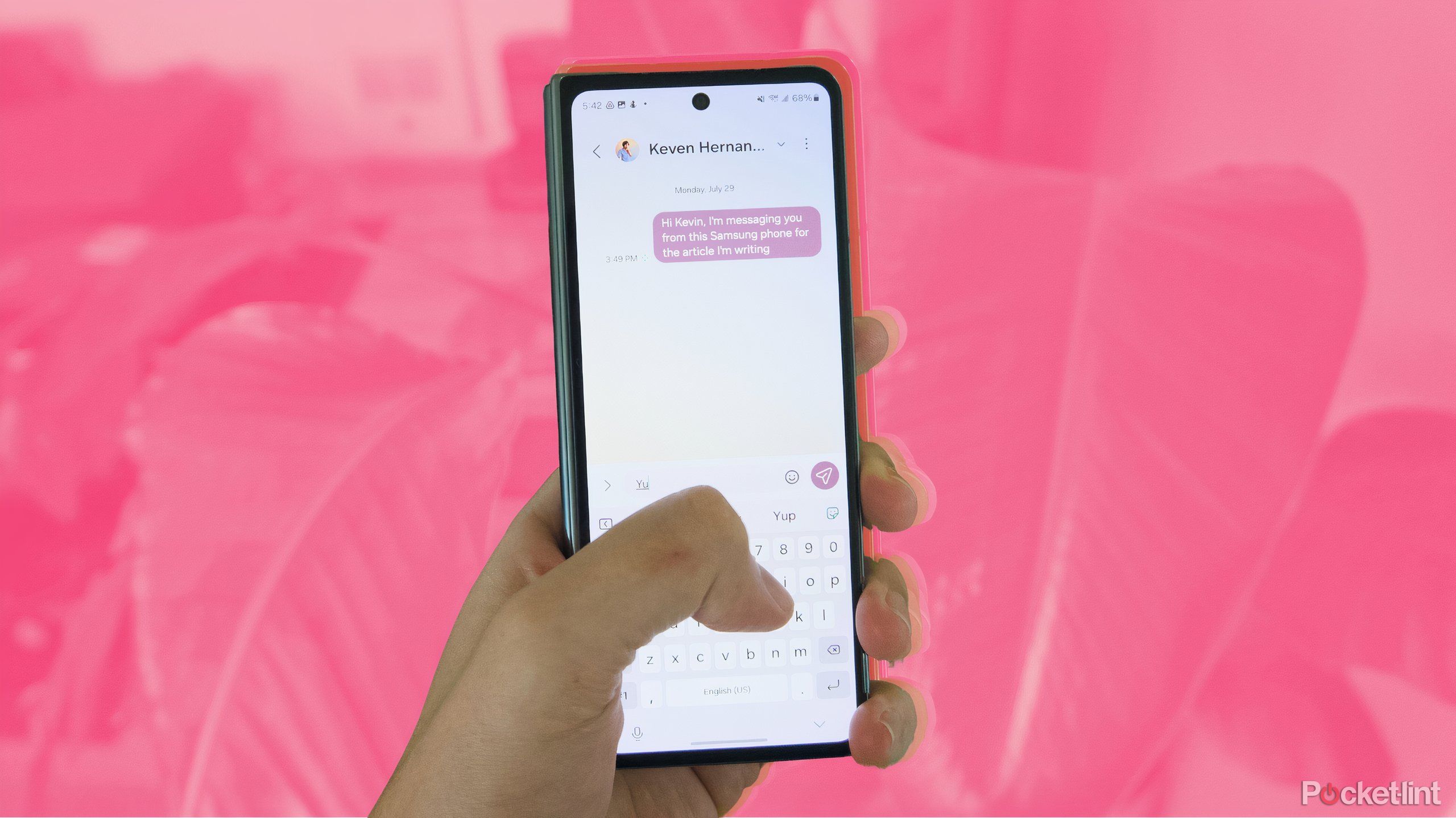
Why Samsung Messages is no longer preinstalled on Galaxy phones
2 Telegram
A popular and speedy messenger with advanced security
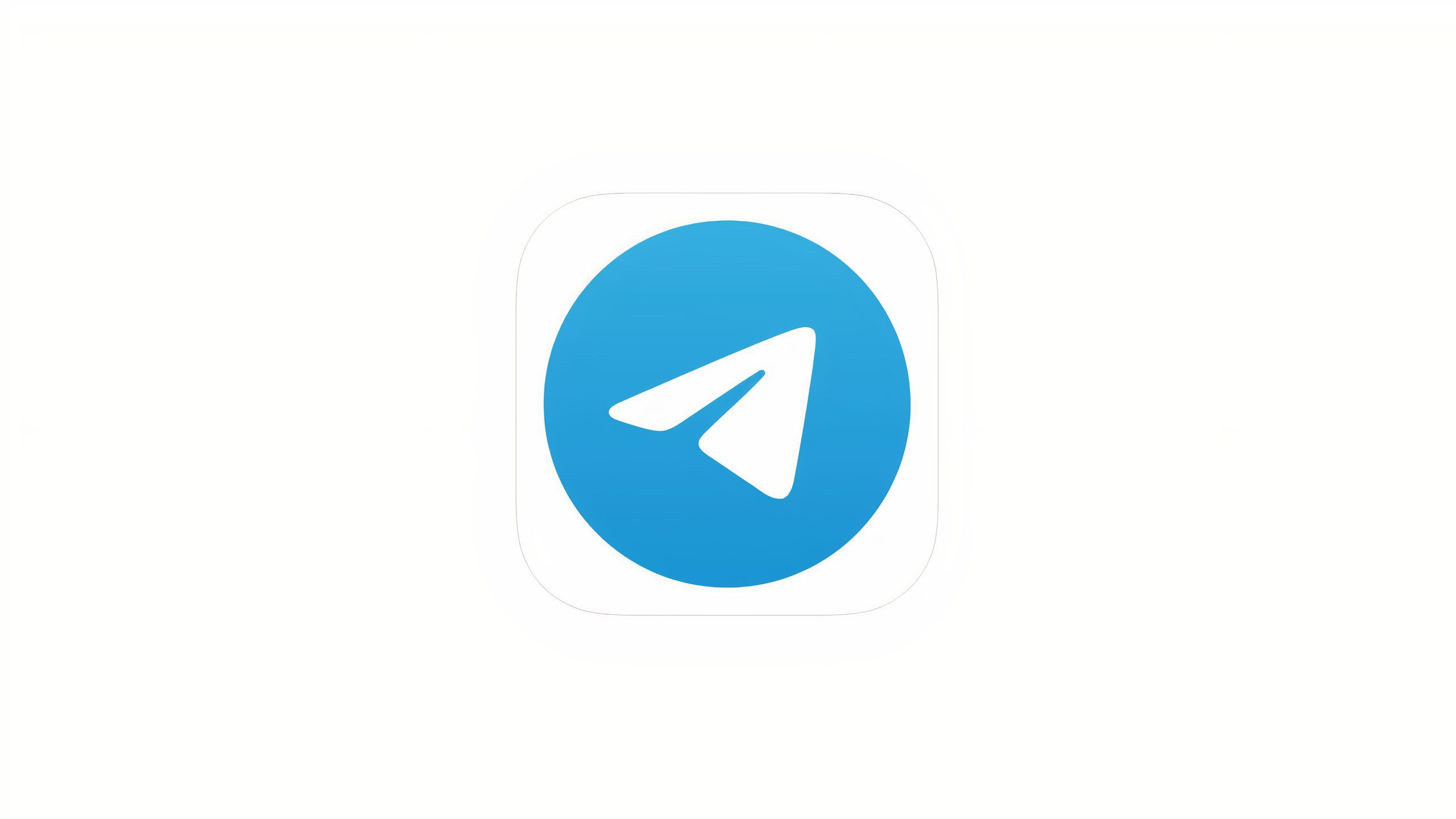
Telegram Messenger
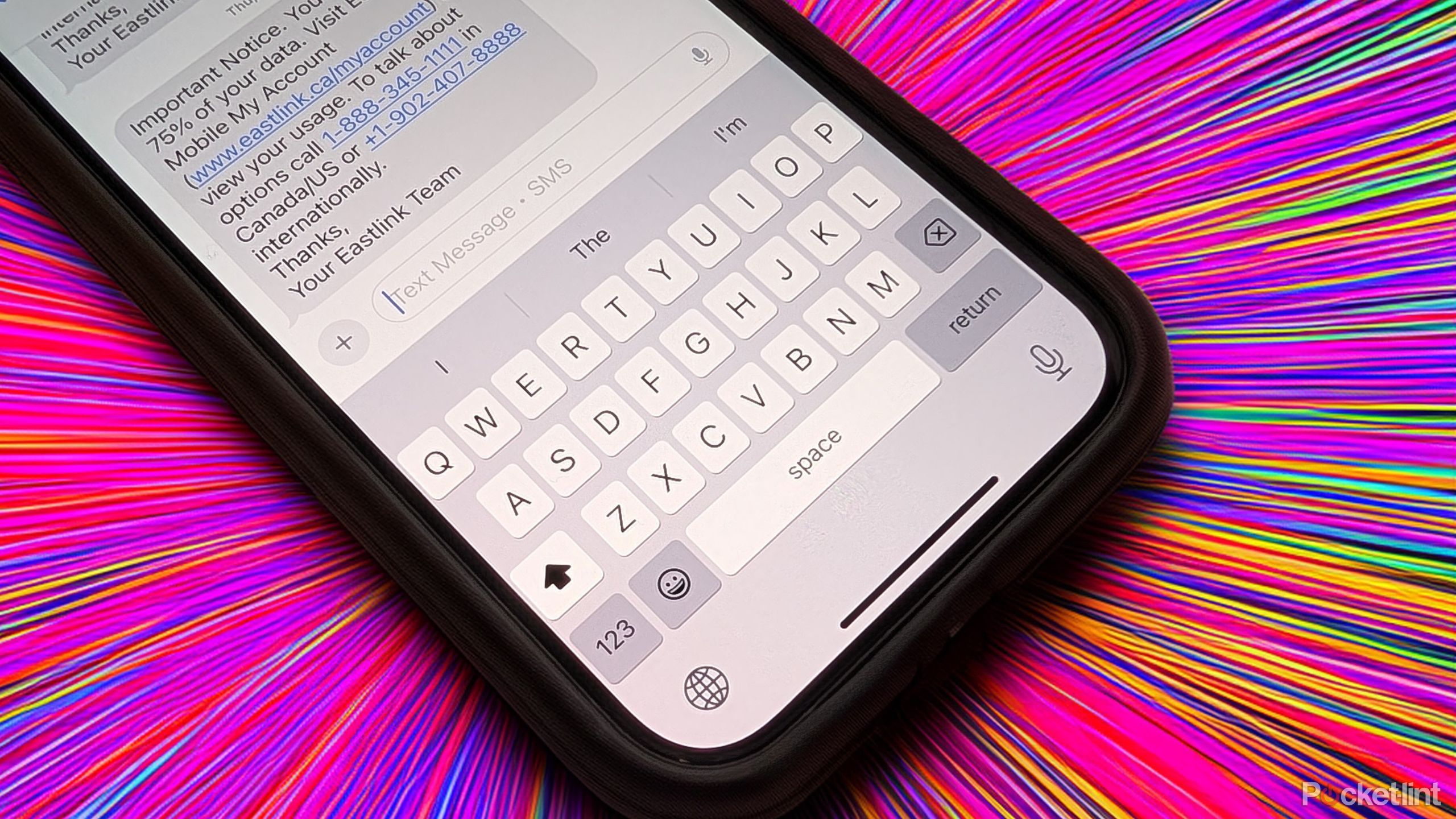
5 reasons why I don't send old-fashioned SMS text messages anymore
3 WhatsApp
The biggest messaging platform in the world
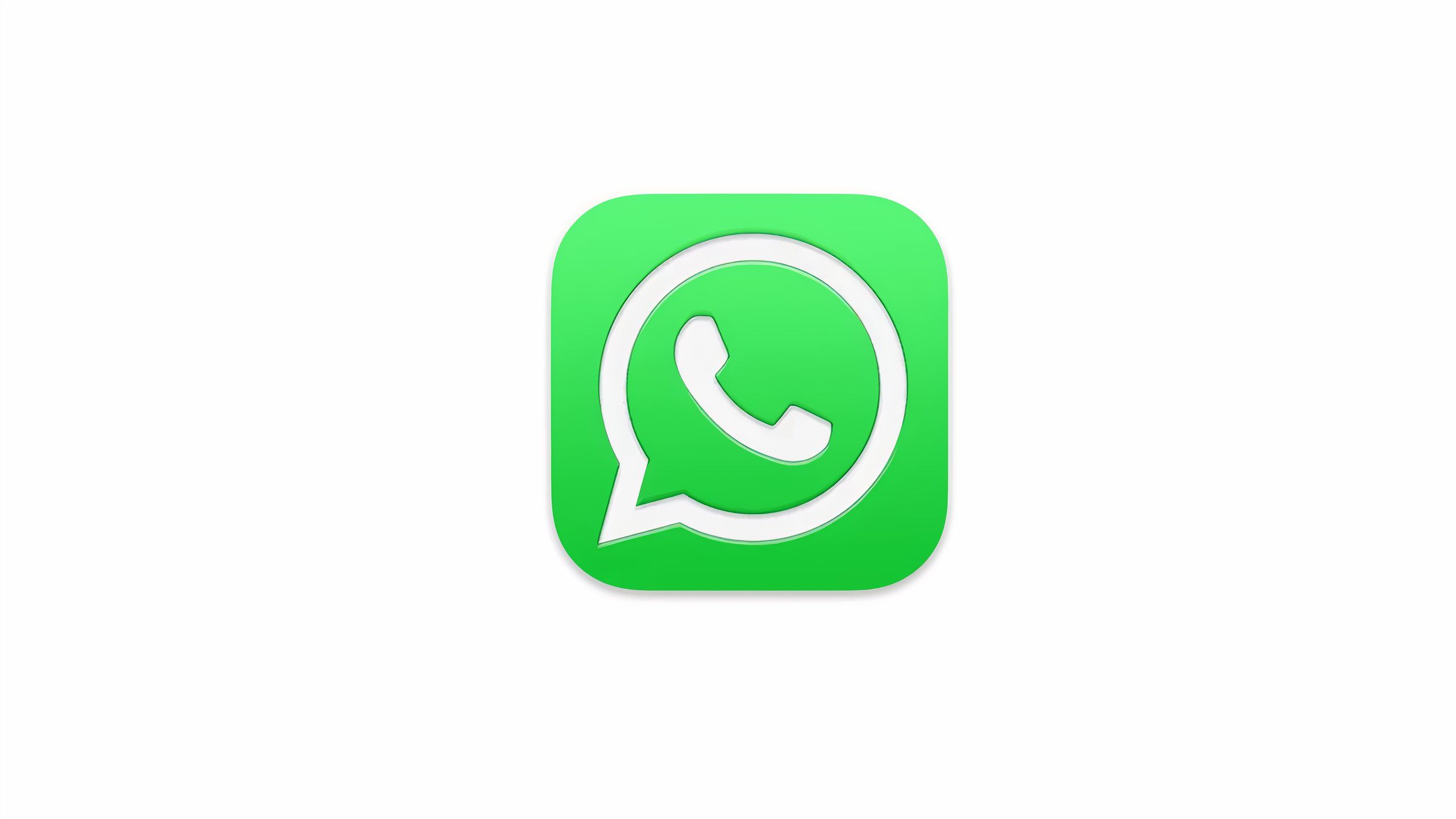
WhatsApp Messenger
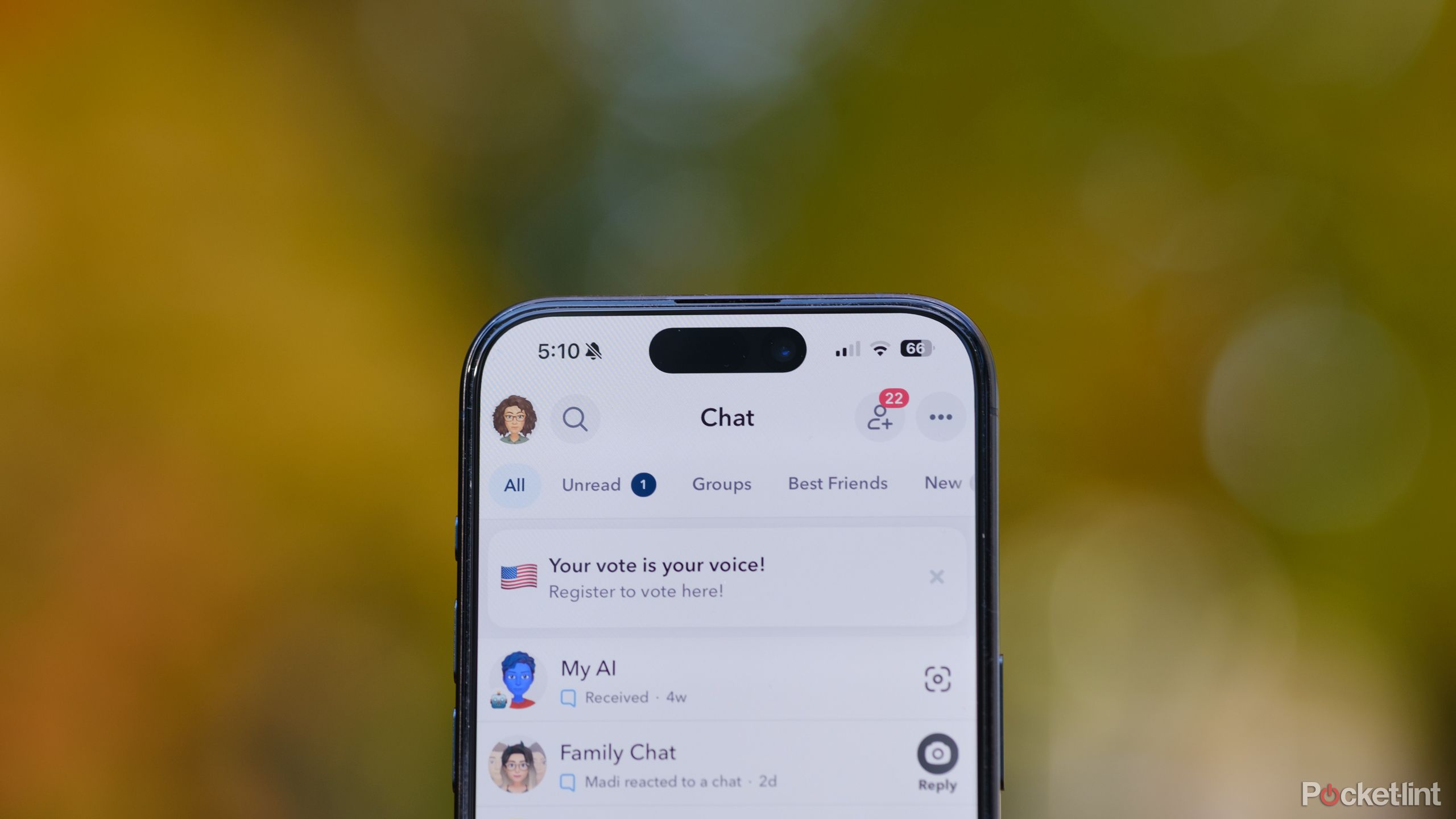
Bring back deleted Snapchat messages with just a few taps
4 Facebook Messenger
A recent end-to-end encryption convert
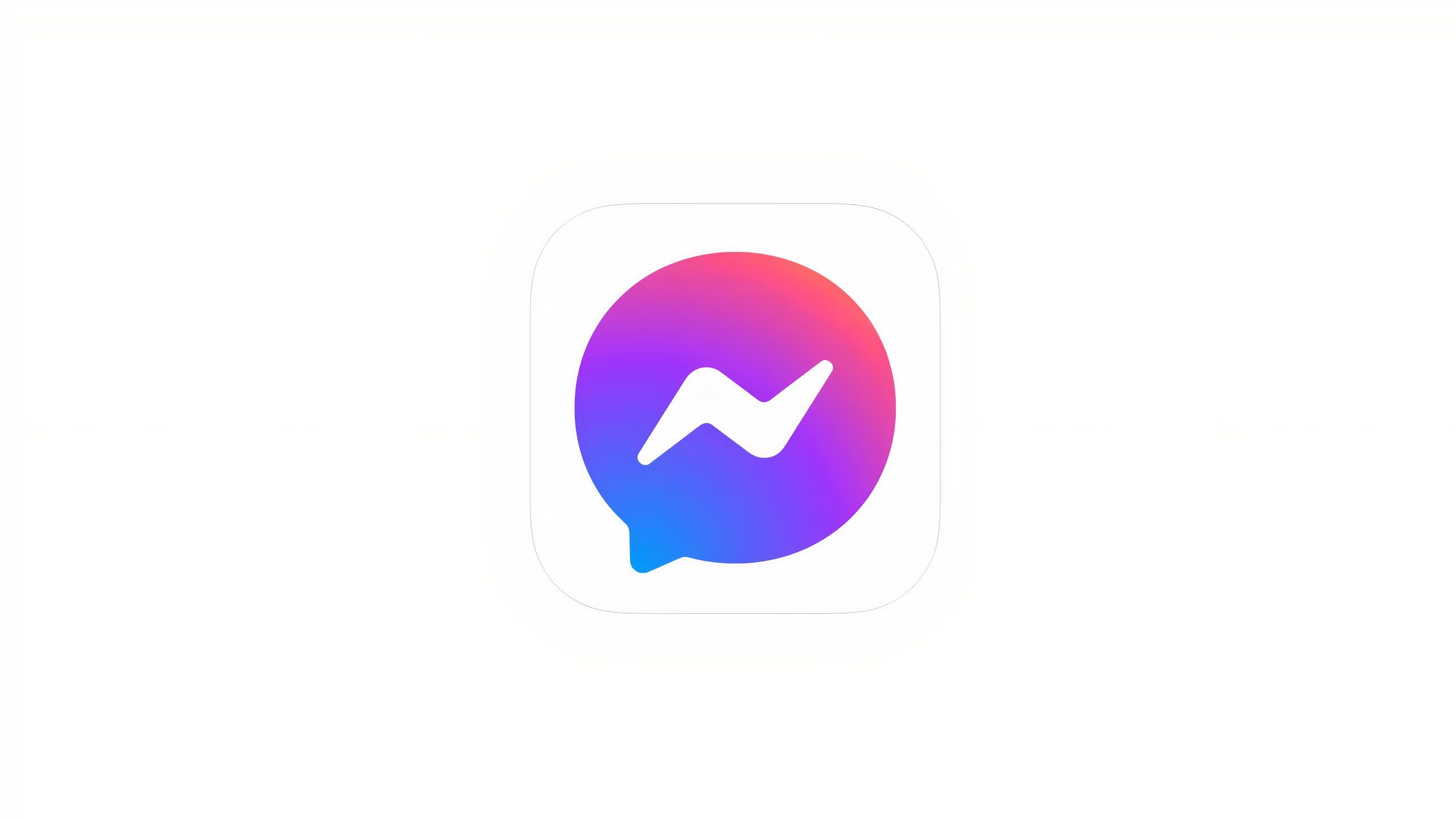
Facebook Messenger
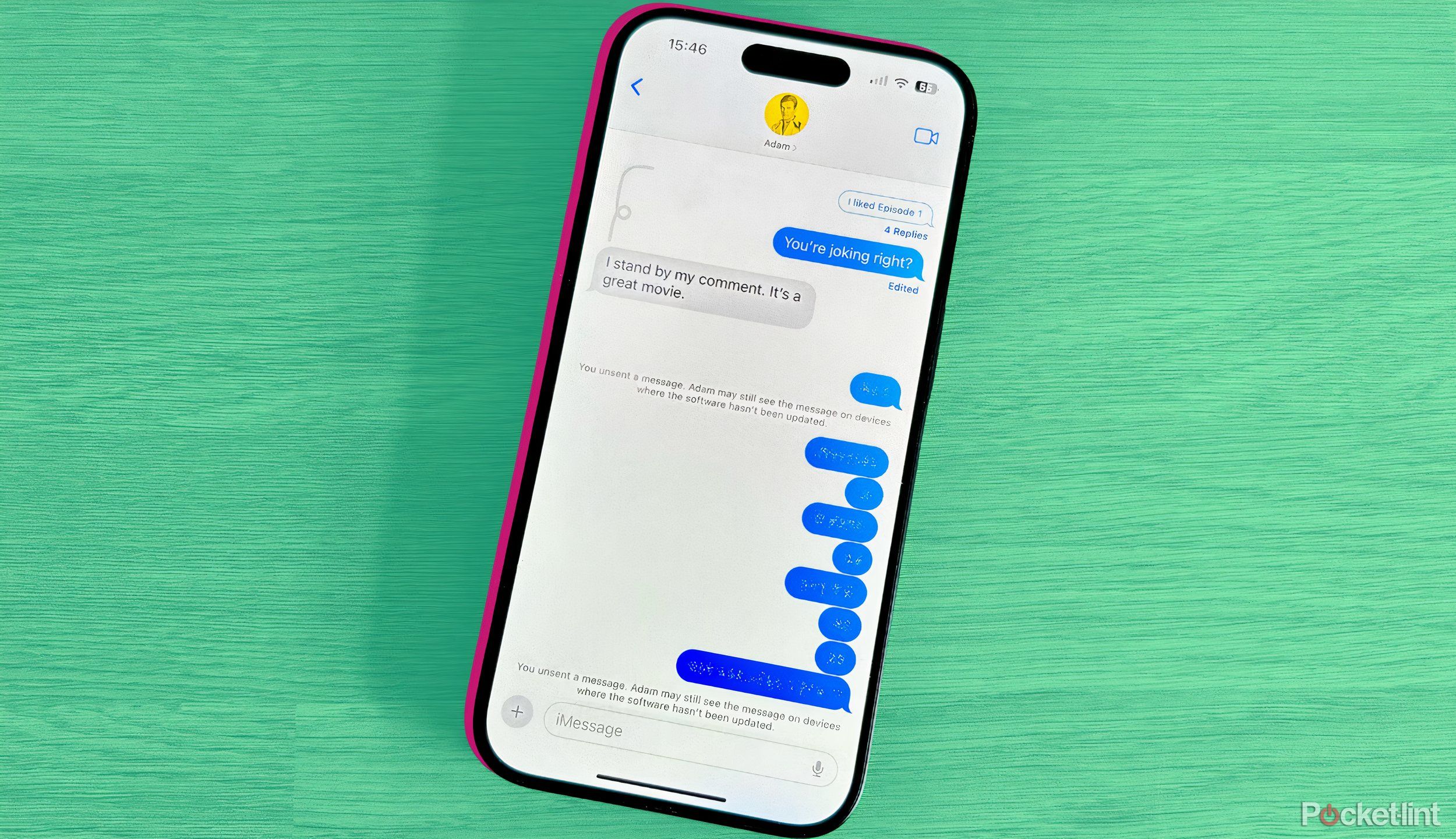
7 features RCS should steal from Apple iMessage
5 iMessage
Apple's default messenger places privacy at the forefront
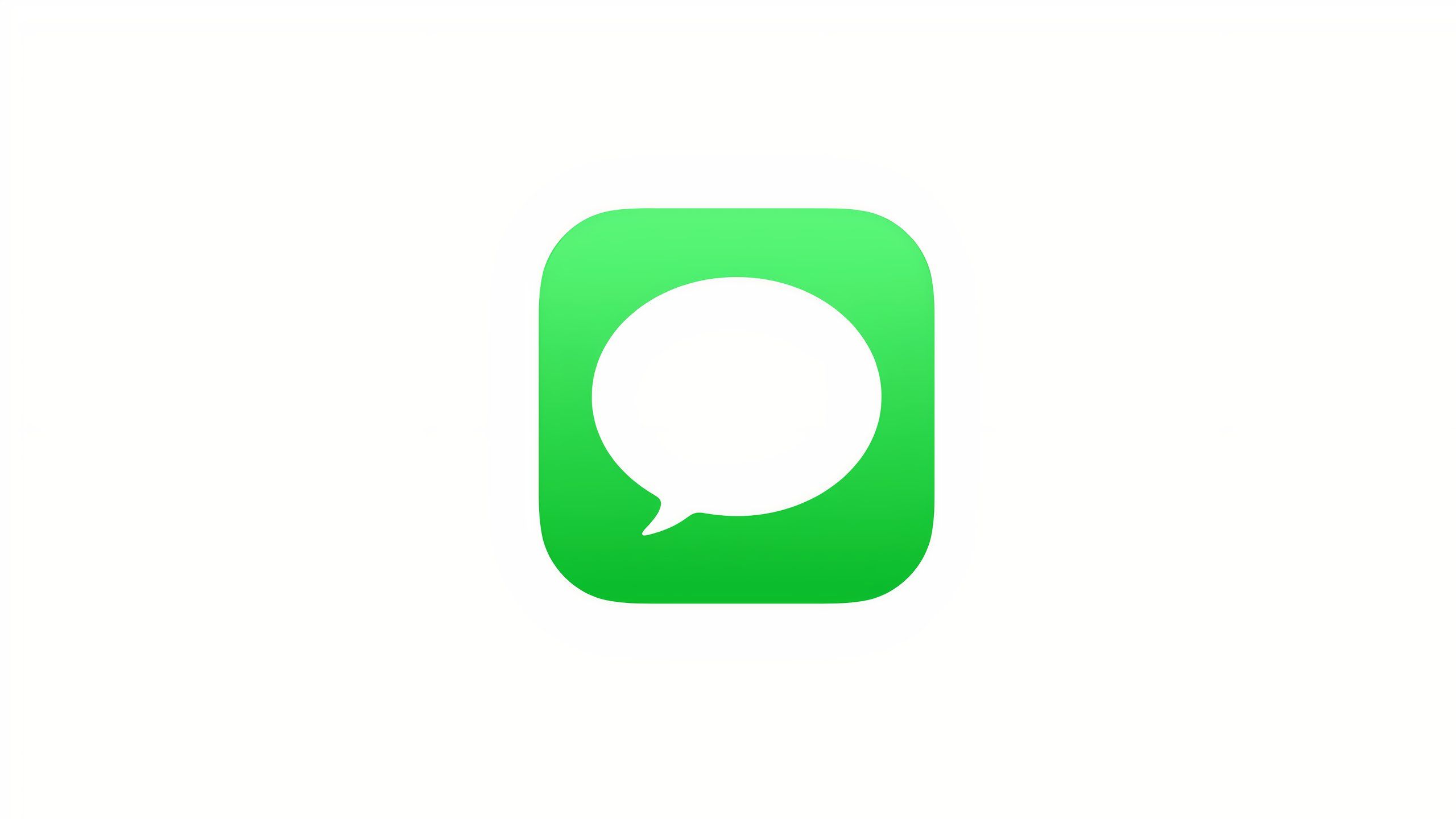
Apple Messages
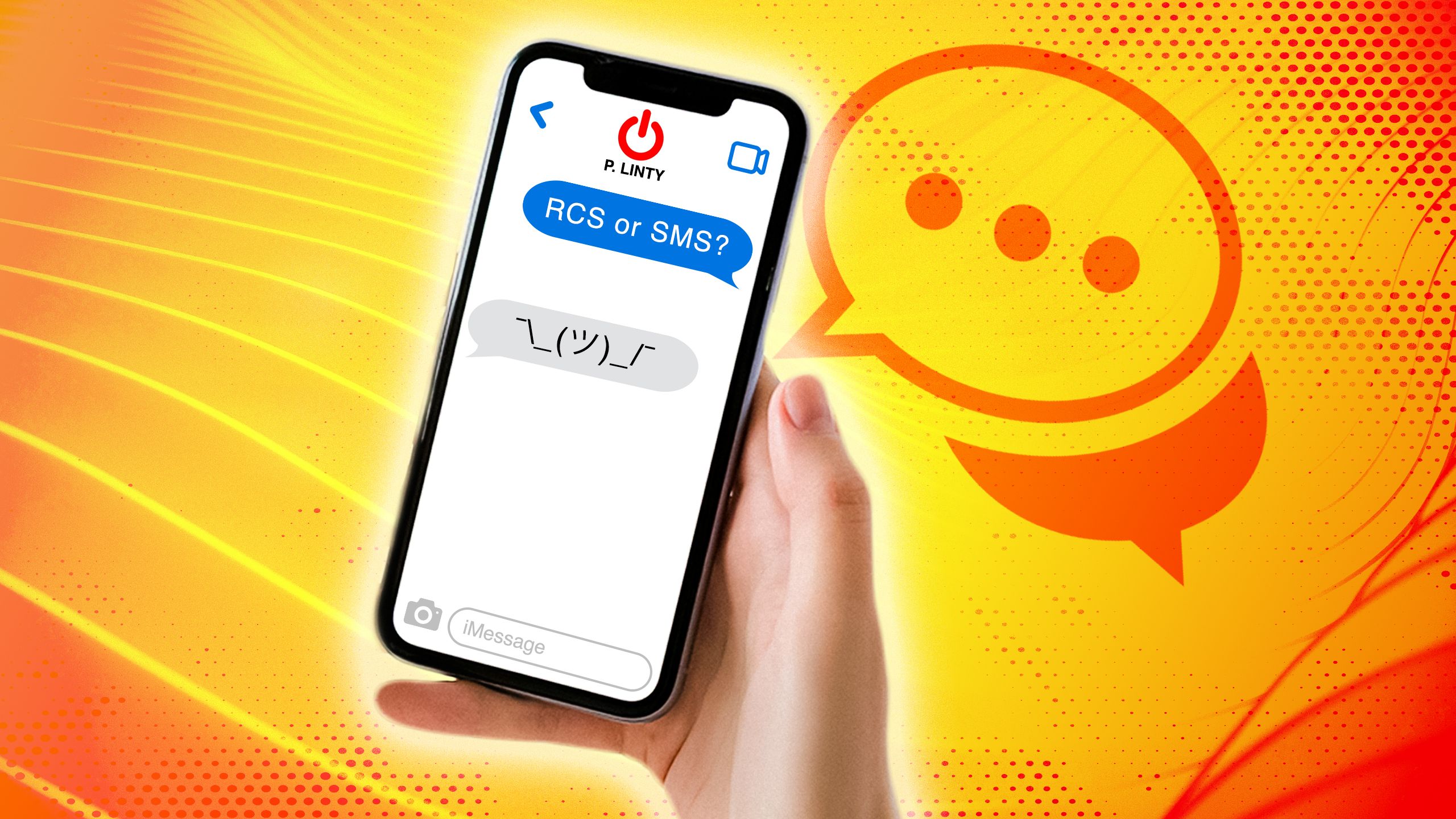
SMS to RCS: the standard unifying chat, explained
6 Google Messages
Google's bespoke RCS implementation offers encryption
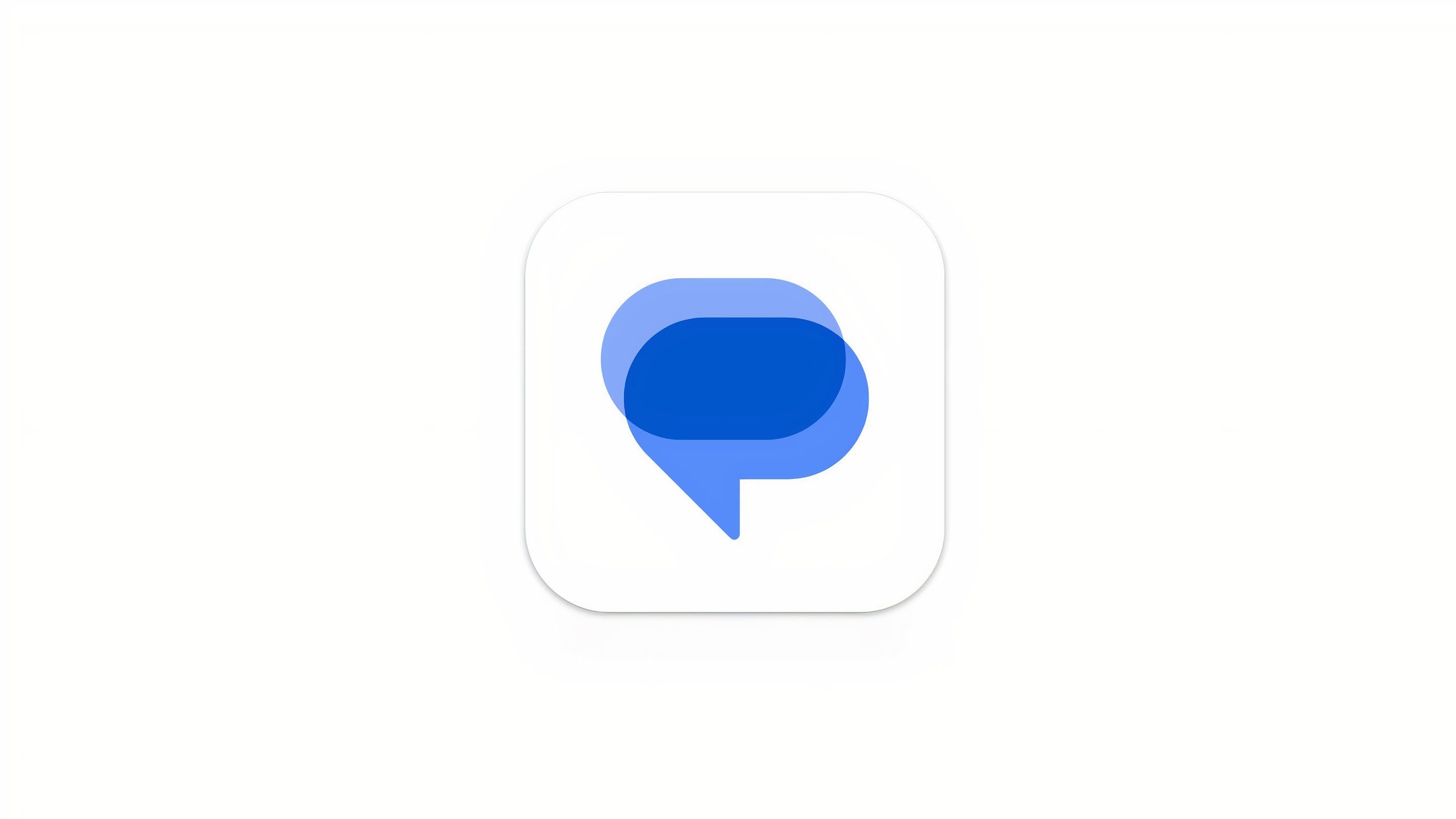
Google Messages
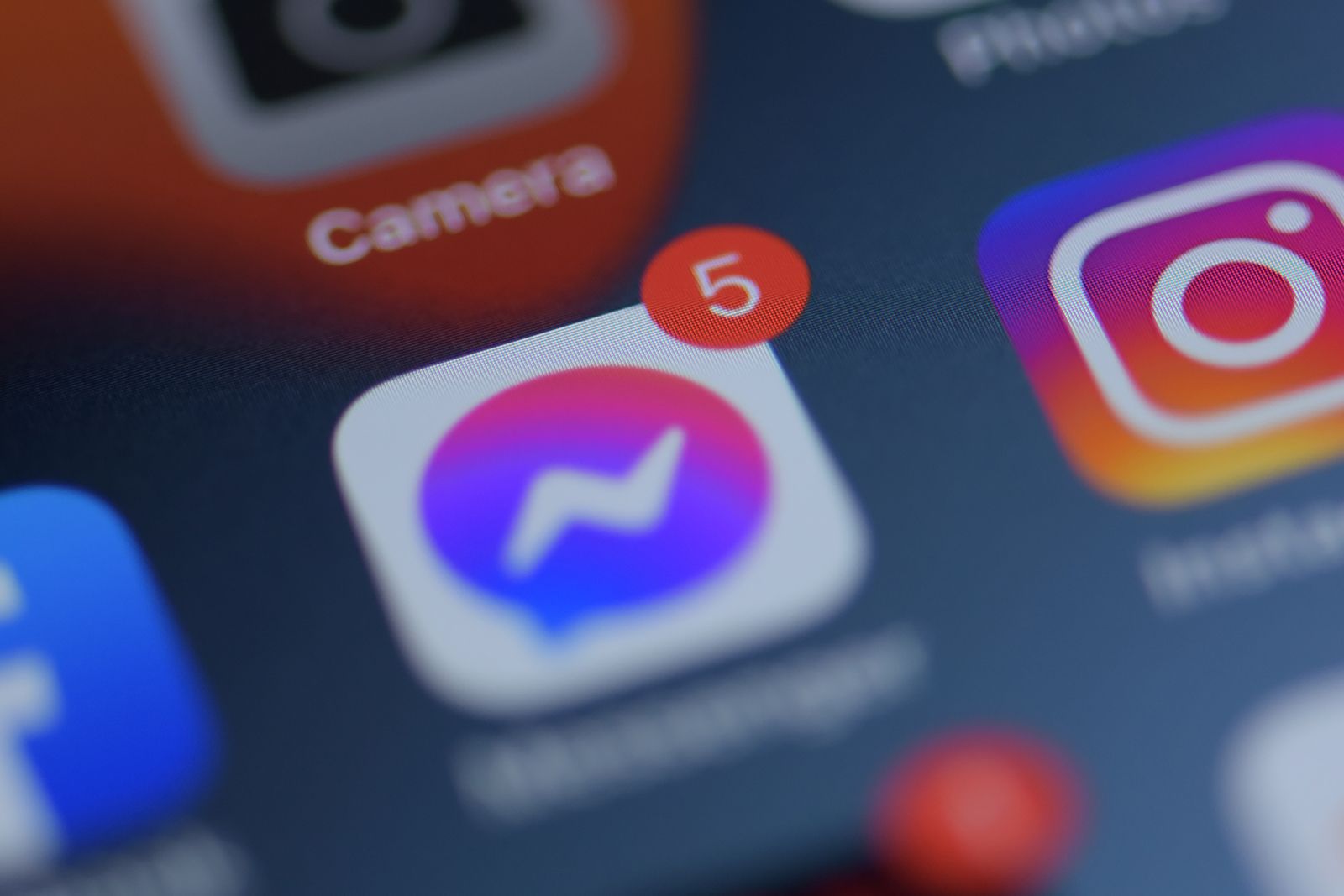
How to edit messages in Facebook Messenger after sending them
7 Dust
A privacy-centric messenger co-founded by Mark Cuban
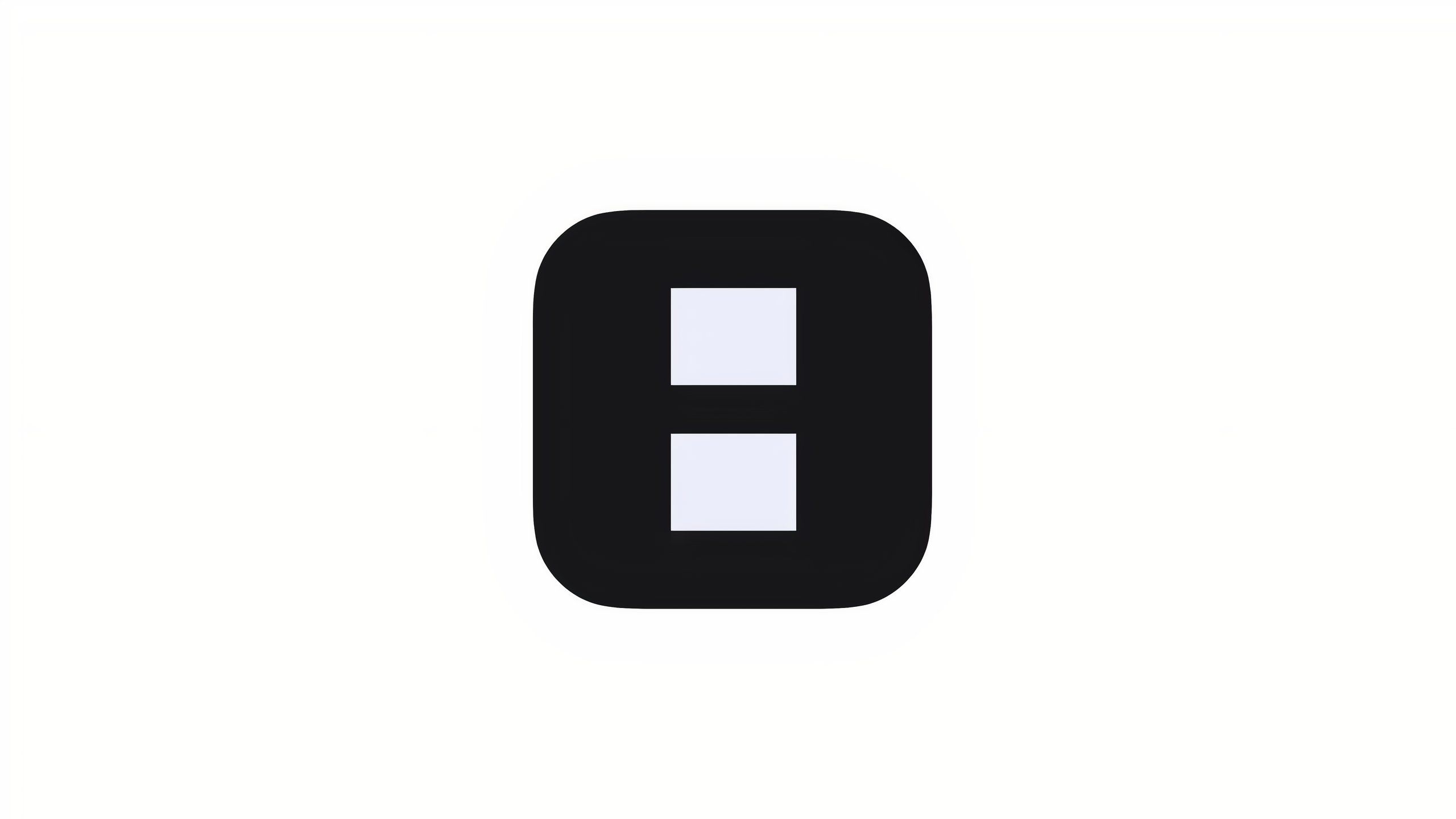
Dust - Private Messenger
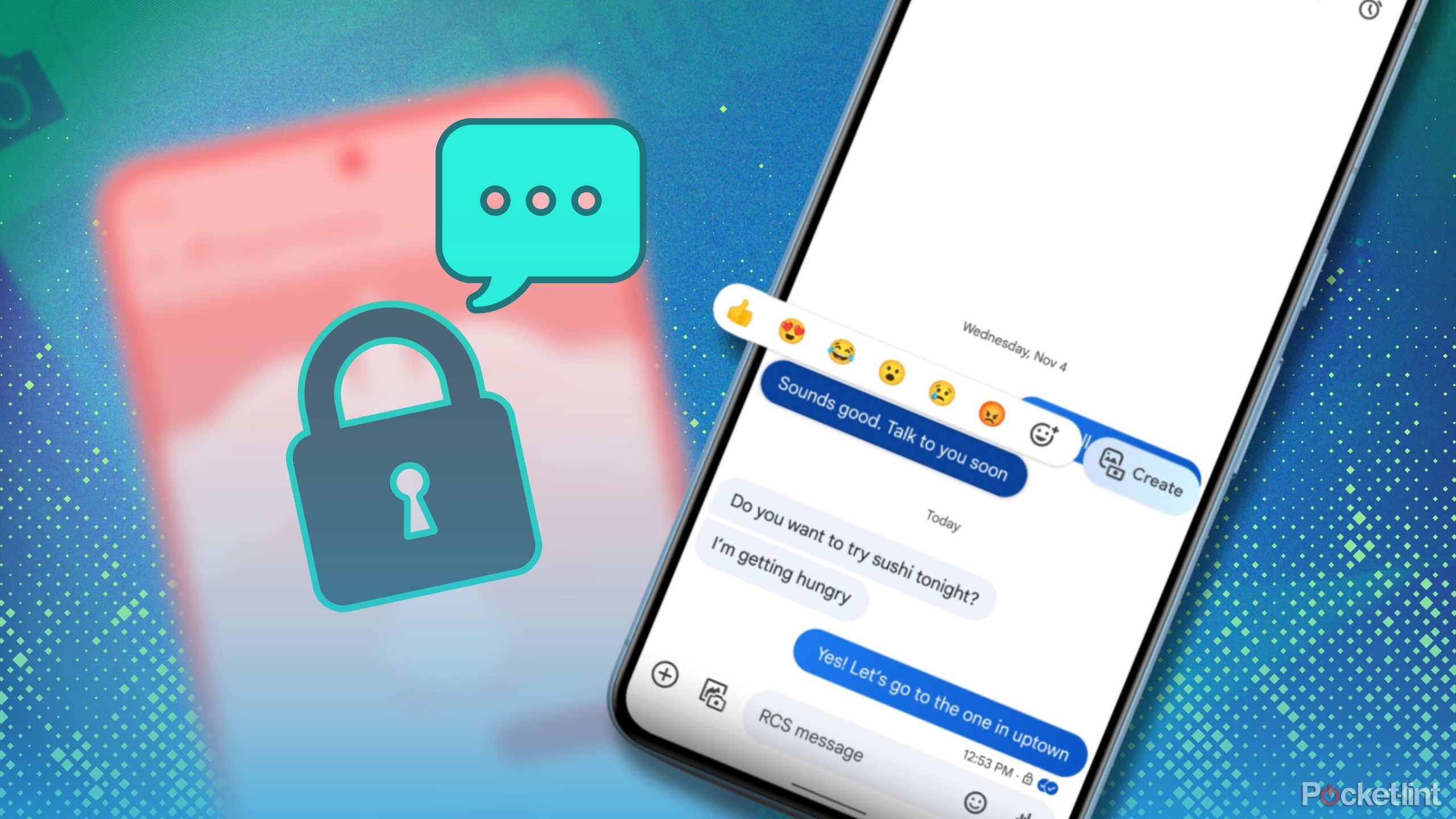
What's the difference between RCS and SMS texting, and which should you use?
2024-12-10 15:53:51
Keep your messages fully private with these 7 apps
| Name | |
|---|---|
| Publisher | |
| Genre | games news |
| Version | |
| Update | ديسمبر 10, 2024 |
| Get it On |

|


